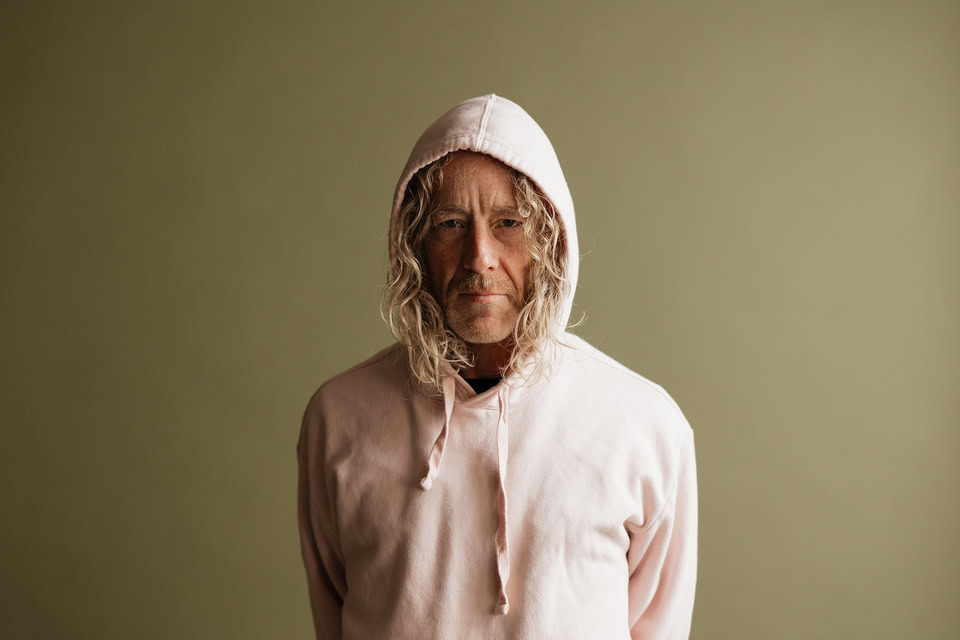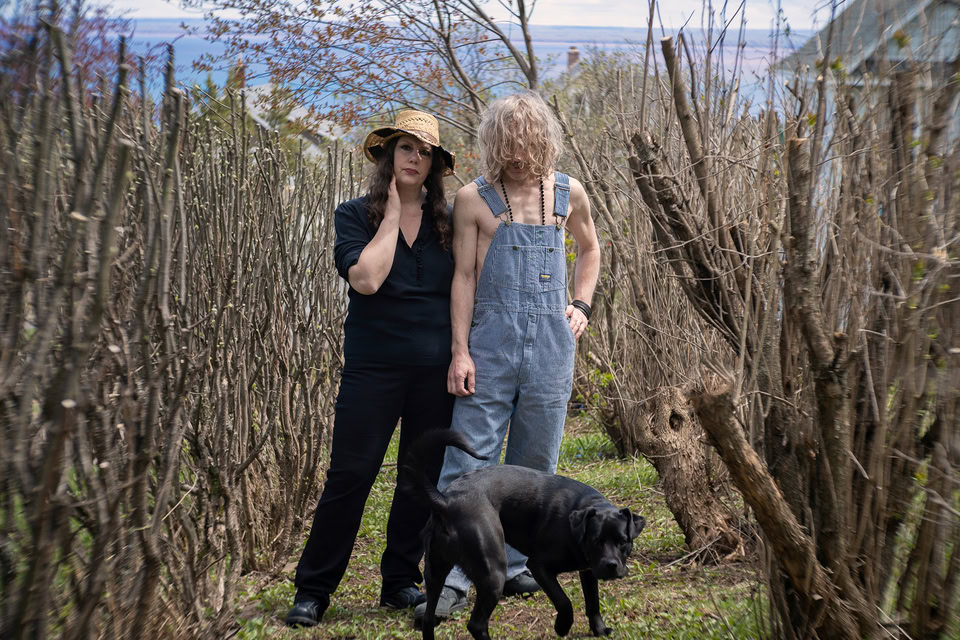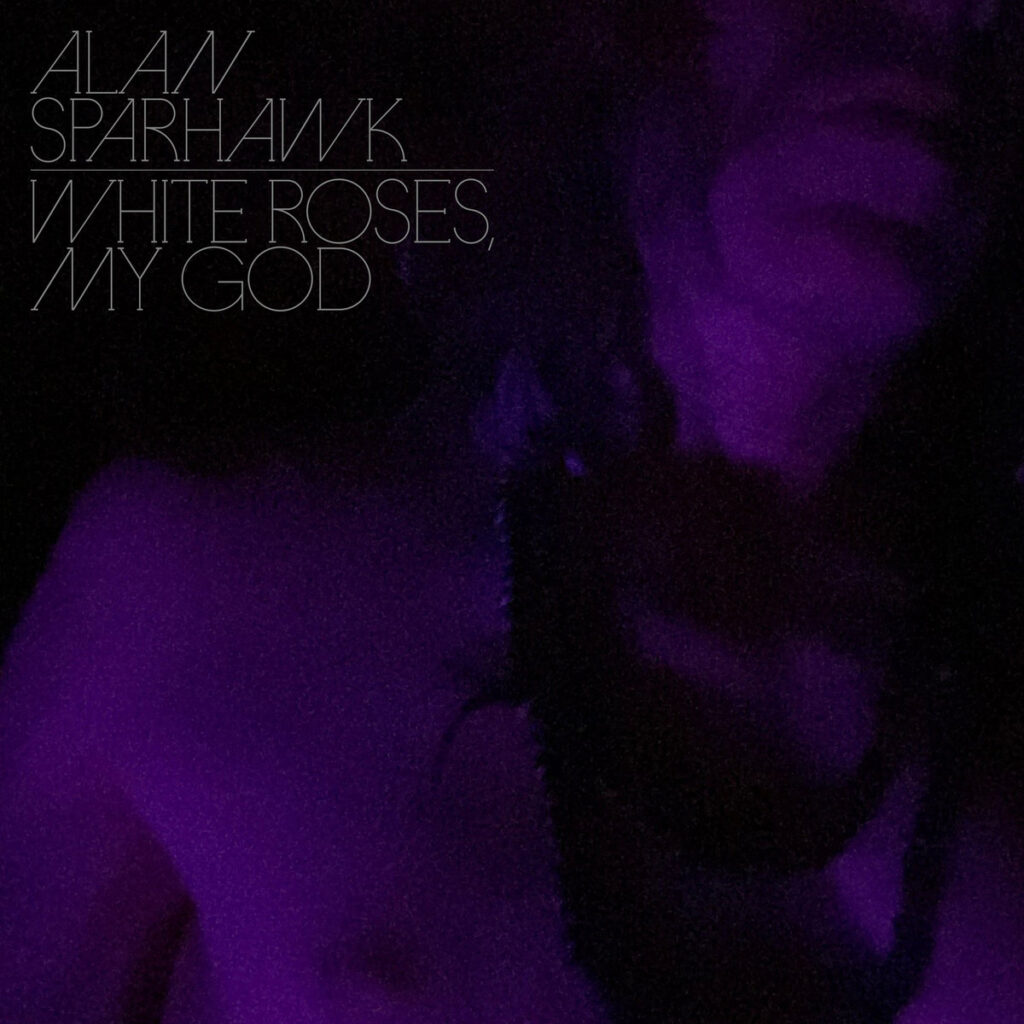
It’s a bitter 11-degree morning in Duluth, Minnesota, when Alan Sparhawk picks up the phone. Nothing unusual for January in the upper midwest, but it’s a lack of snowfall that has the 56-year-old indie rock legend feeling unsettled.
“These last two years have been very weird,” he says of his home state’s uncommonly dry conditions. “The ground is probably 90% bare at this point.”
This eerie harbinger of climate change isn’t the only thing that has knocked Sparhawk off orbit lately. On the morning he speaks with Boulder Weekly about his disarming debut solo album — White Roses, My God, released last September via Sub Pop — it’s been 26 months and two days since the death of Mimi Parker, his partner in life and art for more than four decades.
The married couple started out as high school sweethearts before launching the paradigm-shifting alt rock band Low in 1993. Pioneers of a subgenre known as slowcore, marked by down-tempo beats and sparse instrumentation, the duo of Parker on drums and Sparhawk on guitar — with the two sharing vocal duties — charted a singular and winding course across 13 full-length albums.

From their pristine and poignant debut I Could Live in Hope to the howling electronic noise of their critically lauded swan song HEY WHAT, the art-rock outfit carved an inimitable place in music history over a nearly 30-year career. But after Parker died from ovarian cancer in November 2022, Sparhawk didn’t know how or if he could carry on with a creative life in the shadow of her absence.
“I found myself a little bit in the weeds — a little bit in the dark, in the clouds, trying to figure out what it felt like to do things by myself. Trying to figure out what my future was,” he says. “I mean, I’d played with other people, but losing the personal presence of a lifelong partner kind of shakes your foundation.”
‘If you feel something is right, it probably is’
After returning to the stage at the suggestion of avant-garde Nashville songwriter Kurt Wagner, “an empathic soul” who saw a fellow artist in need of something to look forward to, Sparhawk found himself drawn to the siren song of the unknown: a drum machine and vocal processor originally purchased for his 20-something kids, Cyrus and Hollis.
Operating a new set of tools, Sparhawk began to experiment with a different vocabulary to feel his way out of the creative wilderness. Before long, what began as a stray exercise — bending his buttery voice into alien pitches over thudding womps of electronic bass — began to feel like something worth capturing.
“You’re always striving for that moment,” he says. “I was really surprised to find there were things flowing out of me, so I kept at it. I’d sit down and improvise some music and words, then I go back and mark the stuff that felt good: the moments where the hair stood up on the back of my neck.”
Leaping into the deep end of strange waters, Sparhawk learned to swim. The veteran musician gave himself over to the process of making creative decisions in a digital environment, a far cry from his usual regimen of noodling on the guitar in his basement until songs began to take shape.
“There’s kind of a naivete that happens when you’re twisting a knob and wondering, ‘Well, what does this do? What happens when I push this?’ It’s very innocent,” he says. “I’ve improvised before, but this was really surrendering myself to what is coming out of me right now, and trusting that if you feel something’s right, it probably is.”

Agony and ecstasy
Sparhawk’s push beyond his comfort zone did more than offer a new pathway for making art — it brought him to bold new sonic territory. White Roses, My God contains a germ of Low’s restless drive to remap a shapeshifting aesthetic, but the 11-track offering is galaxies apart from the music he made with Parker across the zigs and zags of their three-decade career together.
Recalling the emotive warble of Kanye West’s 808s and Heartbreak or the sublime digital trill of Cher’s “Believe,” White Roses doesn’t conform to what we’re conditioned to think grief is supposed to sound like. Until a stray bullet fires across the bow: “Heaven, it’s a lonely place if you’re alone,” Sparhawk’s quivering electronic voice ripples toward the middle of the record’s 35-minute runtime. “I wanna be there with the people I love.”
“There’s some ecstatic parts of it — but at the same time, there were songs I found were very much about grief,” he says. “I didn’t know that until later, as I’m putting them together: I’ll remember some moment that was pretty real, and now I see its connection. I wasn’t running away from anything, but I wasn’t necessarily going, like, ‘OK, I’m gonna try to express what I’m feeling now.’”
This process was a sharp reminder for Sparhawk about art’s unique ability to show us new contours of ourselves, to turn our messy human experiences over in the light and see what we may have missed the first time around.
“Usually it teaches you best when it’s kind of kicking your ass and putting you in an uncomfortable place,” he says. “[This process] taught me to trust what comes out and what feels right. You know more than you think you know. Music isn’t this foreign thing we need to figure out. It’s already in us.”
Now Sparhawk is preparing to take these lessons on the road, with his son Cyrus on bass — he plays on the record, with backing vocals from his big sister Hollis — for a seven-month world tour, stopping by Denver’s Bluebird Theater on Jan. 25 before skipping off to Australia, Switzerland and points beyond.
“To be honest, there was a long time where the idea of making something creative to deal with what I was feeling seemed impossible and felt kind of pointless. It felt like there’s no music to address this,” he says. “I was trying to exist from moment to moment, and something started coming out of me — I recognized it, so I tried to honor it, because I knew I’d seen it before.”
ON THE BILL: Alan Sparhawk with Circuit des Yeux. 9 p.m. Saturday, Jan. 25, Bluebird Theater, 3317 E. Colfax Ave., Denver. $25+
